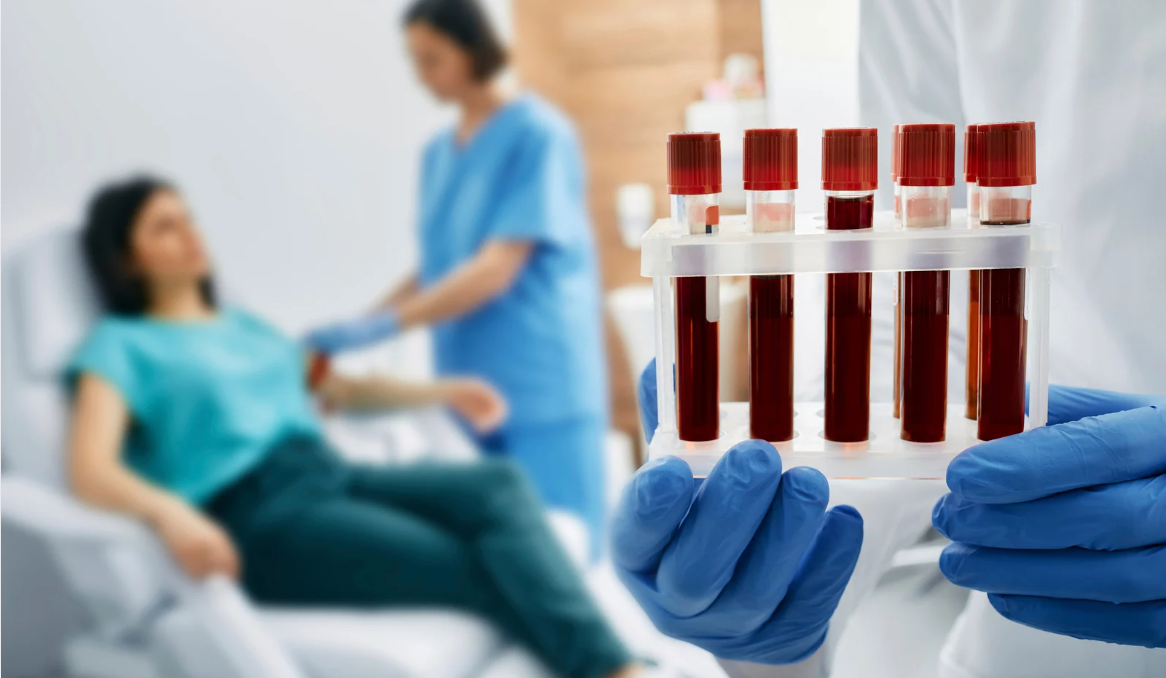- Uncategorized
-
by Phoenix SEO
Diagnostic tests play a vital role in modern healthcare. They help doctors identify medical conditions early, track ongoing health concerns, and provide guidance for treatment. From simple blood tests to imaging scans, diagnostic procedures are essential for accurate medical assessment. If you are preparing for a test, being well-informed and following proper guidelines can make the process easier and more effective.
Understanding the Importance of Diagnostic Tests
Diagnostic tests are not only for patients with existing health problems. Many are used for preventive care, helping individuals identify potential risks before symptoms appear. In places with advanced healthcare facilities, like the Best Diagnostic Centres in Dibrugarh, patients benefit from modern technology and expert guidance for timely diagnosis.
General Preparation Tips
While each diagnostic test has its own requirements, a few general guidelines can help you get ready:
- Follow Fasting Instructions
Some tests, such as blood sugar or cholesterol checks, may require fasting for 8–12 hours. Be sure to follow the instructions given by your healthcare provider. - Stay Hydrated
Drinking plenty of water before certain tests, such as ultrasound, can improve accuracy. Hydration also makes blood draws easier. - Avoid Certain Foods and Medications
Spicy foods, alcohol, or caffeine may interfere with results. Similarly, some medicines need to be paused before tests. Always confirm with your doctor before stopping any prescription. - Wear Comfortable Clothing
If you are undergoing imaging tests like X-rays or MRI, wearing loose, metal-free clothing will save time and make you more comfortable. - Bring Medical Records
Carrying past reports, prescriptions, or scans helps doctors compare results and provide a more accurate diagnosis.
Preparing for Specific Tests
Each type of diagnostic test may require special preparation.
- Blood Tests: Avoid food, alcohol, or strenuous exercise before fasting blood tests. Drink water to stay hydrated.
- Ultrasound: For abdominal scans, fasting is often necessary. For pelvic ultrasounds, patients are usually asked to drink water and keep the bladder full.
- MRI/CT Scans: Inform your doctor if you have implants, pacemakers, or allergies to contrast dye. Remove jewelry or metallic items.
- ECG/Stress Tests: Wear comfortable clothes and avoid heavy meals before the test.
By following these steps, patients can ensure that test results are more accurate and reliable.
Choosing the Right Diagnostic Centre
Finding the right facility is as important as preparing for the test itself. Many Diagnostic Centres in Dibrugarh offer advanced equipment and qualified staff, ensuring accurate results. Choosing a trusted centre also gives patients confidence and peace of mind.
Role of Hospitals in Diagnosis
Diagnostic services are often integrated with hospitals for complete medical care. The Best hospital in Dibrugarh offers both diagnostic and treatment facilities under one roof, ensuring seamless care for patients. Similarly, a reputed Dibrugarh medical hospital can provide not only reliable test results but also immediate consultation and treatment if required.
Local Accessibility
For residents seeking convenient and reliable services, a Diagnostic centre in Dibrugarh offers easy access without the need to travel far. Local facilities help patients get timely results, which is crucial in emergencies or when frequent testing is required.
Conclusion
Preparing properly for diagnostic tests ensures that results are accurate and that doctors can provide the right treatment. Always follow your healthcare provider’s instructions, ask questions if you are unsure, and choose a trusted diagnostic centre for your tests. With proper preparation and the support of advanced facilities in Dibrugarh, patients can feel confident in taking proactive steps toward better health.

